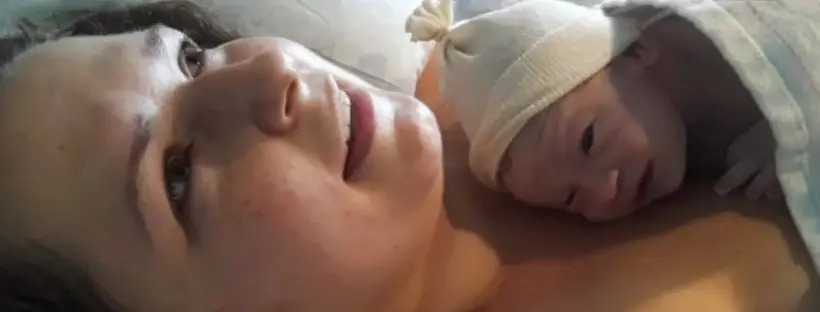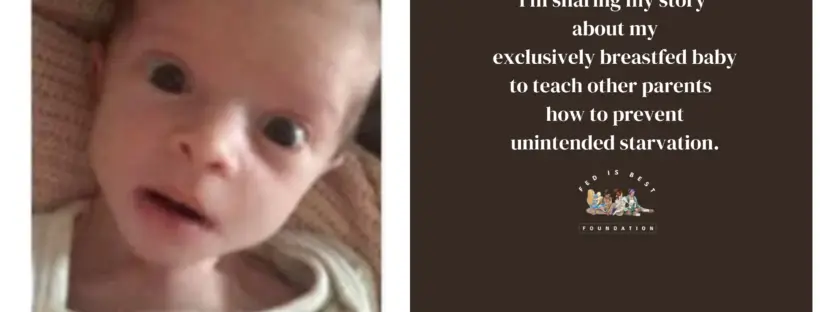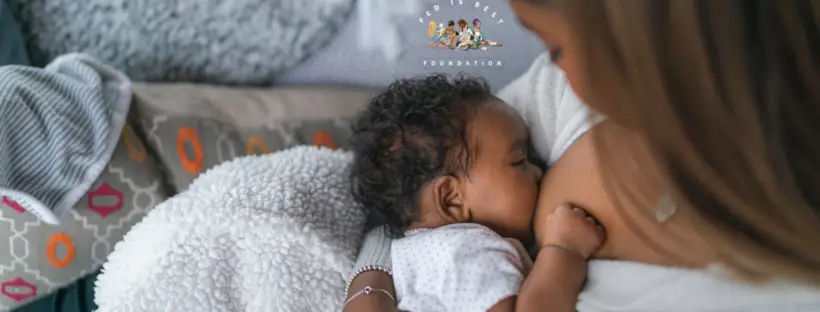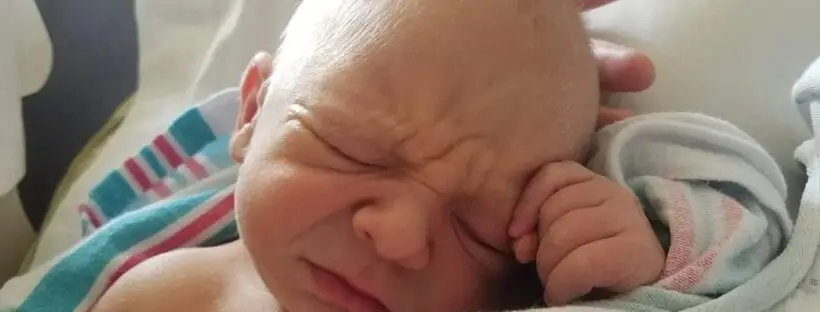Knowing now how many babies have been lost or suffered an injury due to insufficient nutrition and dehydration in those early days, I feel so much anger towards those staff who dismissed my concerns, as we could so easily have gone the same way. By this point, my son’s urine was like brick dust and barely meeting the minimum frequency—but home we went, away from any medical supervision.
Category: Baby-Friendly Protocol Complications: Starvation, Jaundice, Hypoglycemia, Dehydration, Newborn Falls
Fed is Best Foundation receives stories from mothers who have been led to harm their infants in the pursuit of increasing exclusive breastfeeding rates. Learn about the dangers of insufficient feeding in breastfed infants caused by Baby-Friendly Hospital Initiative.
My Breastfed Baby Starved While Under The Care Of Health Professionals For 5 Weeks
My beautiful baby girl Mary-Kate was delivered by emergency c-section, and although there were complications during labor, she was healthy on arrival. Having done a bit of research and listened to the advice of professionals, as well as the threat of the global pandemic posing a risk, I decided I would breastfeed my daughter, to provide her with passive antibodies for COVID-19 from my milk.
I Supplemented My Baby Until My Milk Came In And We Are Still Breastfeeding At 3 Months
My son will be three months old tomorrow, and I’m reflecting on our nursing journey with gratitude. I had infertility and recurrent pregnancy loss before having him, and (after two rounds of IVF and six embryo transfers), he was born at 35 weeks. So we had a lot working against us for successful breastfeeding, but I wanted to try breastfeeding, and I was ready to advocate for myself and the baby if needed in the hospital since I knew I had significant risk factors for delayed onset of milk.

The Baby-Friendly Hospital Initiative is The Worst Thing I Have Experienced in my 20 Years as a NICU Nurse
Dear Parents,
It’s taken me years to find the courage to contact the Fed is Best Foundation with my experiences of working in a baby-friendly hospital. “Baby-Friendly” is the worst thing I have experienced in my 20 years as a NICU nurse. My colleagues and I have tried many times to express our concerns with the number of NICU admissions we receive. Eighty percent of our admissions are because of baby un-friendly protocols for hyperbilirubinemia, hypoglycemia, excessive weight loss, and dehydration in our hospital from insufficient breastfeeding. We are a small unit, and we have had around 150 plus admissions last year from insufficient feeding. Sadly, we’ve had bad outcomes.
I Dropped My Baby in a Baby-Friendly Hospital While I Was Alone Recovering from a Cesarean Section
Step 7 of the Baby-Friendly Hospital Initiative (BFHI) policy requires parents to room in with their baby 24 hours a day immediately after delivery.
Mothers are commonly sleep-deprived and profoundly exhausted after labor and delivery, some laboring for > 24 hours, some recovering from major surgery. They are required to nurse and care for a newborn almost immediately after delivery with few exceptions. Maternal exhaustion has lead to tragic and preventable accidental newborn falls from bed and suffocation from falling asleep while breastfeeding in bed. These accidents have resulted in brain injury, severe disability, and rare deaths in previously healthy infants. The elimination of newborn nurseries by hospitals has increased as a result of the Baby-Friendly policy. These tragic events received the attention of pediatricians and the Neonatology Section of the American Academy of Pediatrics who has published their concerns in the medical journals of JAMA and JAMA Pediatrics and Pediatrics.




